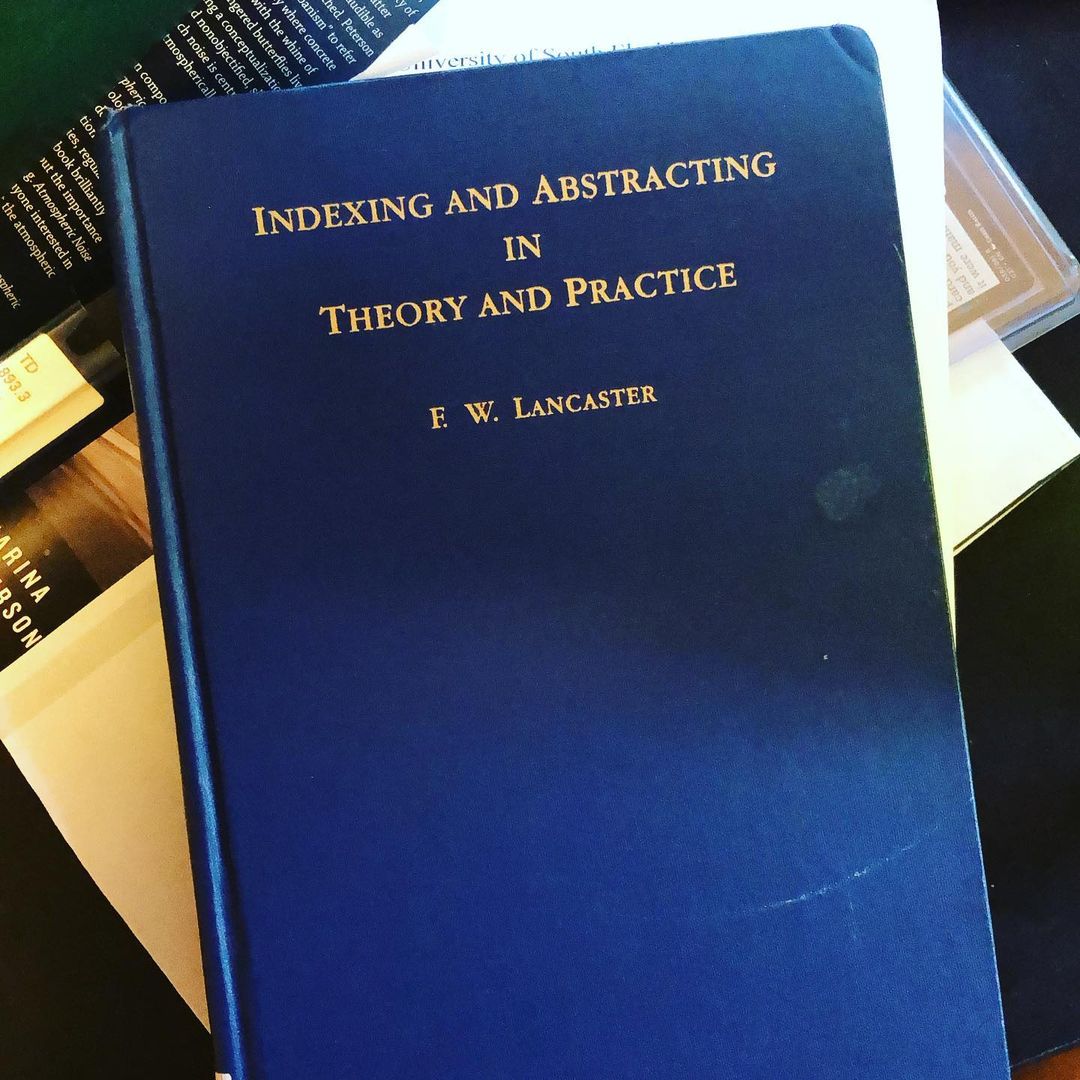In a previous post I looked at which presses most often publish the winners for the CCCC Outstanding Book Award. The idea was to identify institutions that have significant power in deciding what is considered to be quality scholarship for people in rhetorical studies, in this case those associated with CCCC. Below is a chartContinue reading “PhD Granting Institutions of CCCC Outstanding Book Award Winners, 1991-2022”
Author Archives: nrj
Publishers of CCCC Outstanding Book Award Winners, 1991-2022
This is a follow-up to the Library of Congress Classifications for CCCC Outstanding Book Award Winners, 1991-2018 post. Using the same data, I output this chart that shows which publishers have published the books recognized by the Conference on College Composition and Communication. The most frequent (SIU Press, University of Pittsburgh Press, Utah State UniversityContinue reading “Publishers of CCCC Outstanding Book Award Winners, 1991-2022”
Library of Congress Classifications for CCCC Outstanding Book Award Winners, 1991-2018
I’ve been collecting data on subjects/topic classifications in rhetorical studies for about a decade now. The goal is to eventually publish an interactive data project that provides lots of different access points to better understand who is teaching/researching/writing about rhetoric. After taking a break to finish other projects, I’m finally able to start the projectContinue reading “Library of Congress Classifications for CCCC Outstanding Book Award Winners, 1991-2018”
Map and Contact Information for RSA Student Chapters
The data for this map was taken from the RSA Student Chapter Page. Some of the contact information is likely outdated.
Map of NCA Doctoral Programs in Rhetoric
The data for this map was taken from the NCA Doctoral Program Guide. It includes information on state abortion laws from Guttmacher Institute.
Information Technologies and Mnemonic Technê
I posted this picture on Instagram as a joke, saying that I’m excited about working with book as soon as this semester has ended. One of the things I realized I didn’t do very well in “Architects of Memory” was to highlight key technological moments when/where a small number of people “invented” a type ofContinue reading “Information Technologies and Mnemonic Technê”
Citation Politics, Special Issues, and Identifying “Core” Rhetoric Journals
You can Google “Rhetoric Journals” and find lists, usually from either disciplinary organizations or folks working for libraries, that identify journals that cover rhetoric as an academic subject area. American Rhetoric and The Consortium of Doctoral Programs in Rhetoric and Composition both keep a list, for example. The problem with these types of lists isContinue reading “Citation Politics, Special Issues, and Identifying “Core” Rhetoric Journals”
Where do Citation Metrics Come From?
Frequently when citation metrics are written about in popular press, they are critiqued for their (mis)use and abuse. There’s a lot to be said about why metrics don’t measure what they say they do. The journal impact factor (JIF), for example, highlights how frequently articles in a specific journal are cited within the last fewContinue reading “Where do Citation Metrics Come From?”
Co-Citation Patterns in Rhetoric Society Quarterly and Quarterly Journal of Speech
I was curious to see a sketch of which authors have been foundational for Rhetoric Society Quarterly (RSQ) and Quarterly Journal of Speech (QJS) for the last few years. RSQ has historically seen contributions from people in writing studies and QJS has primarily been a communication journal devoted to rhetoric, although in both cases those differences have been collapsing. To get a rough idea of whoContinue reading “Co-Citation Patterns in Rhetoric Society Quarterly and Quarterly Journal of Speech”
Invisible Colleges in Rhetoric and Composition, Part II
The following chart helps show the distribution of faculty placement that I described here. Here’s a recap of the data and how it was collected. I recorded the names of faculty associated with a rhetoric and composition program from each school listed as a member of the Consortium of Doctoral Programs in Rhetoric and Composition.Continue reading “Invisible Colleges in Rhetoric and Composition, Part II”
